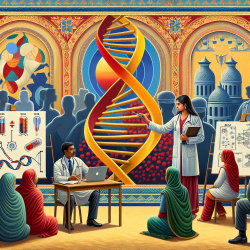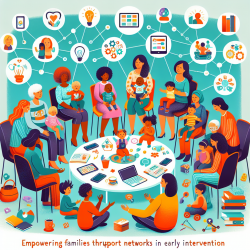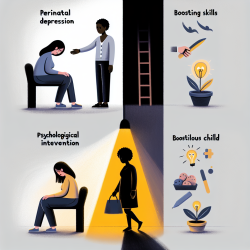Introduction
Genetic counseling is a critical component of modern healthcare, offering insights into inherited disorders and guiding patients and families through the complexities of genetic diseases. However, in countries like Bangladesh, the implementation of genetic services faces significant challenges. A recent research article titled "Genetic counseling in the context of Bangladesh: current scenario, challenges, and a framework for genetic service implementation" sheds light on these issues and proposes a framework that could revolutionize genetic services in low and lower-middle-income countries (LICs and LMICs).
Current Challenges in Bangladesh
Bangladesh, like many LICs and LMICs, struggles with the provision of genetic services due to several factors:
- Lack of expertise and infrastructure
- High costs associated with genetic testing
- Cultural and religious sentiments impacting service delivery
- Absence of comprehensive health policies
These challenges contribute to the limited access to genetic services, despite the growing burden of genetic disorders in the country.
The Proposed Framework
The research proposes a collaborative framework that involves local physicians, academics, and international experts. This framework aims to:
- Enhance genetic literacy among the population
- Foster international collaborations
- Utilize existing facilities for genetic service delivery
This model could serve as a blueprint for other LICs and LMICs facing similar challenges.
How Practitioners Can Improve Their Skills
Practitioners in Bangladesh and similar contexts can leverage the insights from this research to enhance their skills and service delivery:
- Engage in continuous education and training in genetic counseling
- Participate in collaborative research projects
- Advocate for policy changes that support genetic services
By adopting these strategies, practitioners can play a pivotal role in transforming genetic healthcare in their regions.
Encouraging Further Research
The research highlights the need for further studies to address the unique challenges of genetic counseling in Bangladesh. Practitioners are encouraged to engage in research that explores:
- Cultural and religious influences on genetic service uptake
- Cost-effective models for genetic testing
- Innovative educational strategies to improve genetic literacy
Such research can provide valuable insights and drive the development of effective genetic services in LICs and LMICs.
Conclusion
Genetic counseling in Bangladesh is at a critical juncture, with significant opportunities for growth and improvement. By implementing the proposed framework and engaging in further research, practitioners can enhance their skills and contribute to the development of robust genetic services. This approach not only benefits individual patients but also addresses the broader public health challenges posed by genetic disorders in Bangladesh.
To read the original research paper, please follow this link: Genetic counseling in the context of Bangladesh: current scenario, challenges, and a framework for genetic service implementation.










